Having a new baby in the house changes everything.
Life is new, fresh, & exciting.
Somehow that little person reignites the meaning of life, it’s purpose. It’s fragility & shortness.
In an article today on cnn.com, Wendy Sachs talks about fertility & how, despite our modern 21st century feminist perspective that “40 is the new 30,” our ovaries have not caught on. And sadly, many women find this out too late.
The stats are sobering–after 35, the chances of conceiving naturally take a rather drastic nose dive.
According to the Southern California Center for Reproductive Medicine, a woman in her 20s has a 20-25% chance of conceiving naturally per menstrual cycle. In her early 30s, the chance of pregnancy is 15% per cycle. After 35, the odds of pregnancy without medical intervention are at 10%. After 40, that number falls to 5%, and women over 45 have a 1% chance of conception.
Further, the article highlights some of the main points of Tanya Selvaratnam’s book, The Big Lie, in which she discusses many of the issues of fertility, infertility, & the silence surrounding many of the struggles women have with these issues.
Selvaratnam says:
We are the guinea pig generation for testing the limits of our fertility, or our chances of having a child. The shock and the lack of preparation when you’re not prepared and the pressure women feel in general about our reproductive selves adds to the shame women feel when they can’t get pregnant […]
[Selvaratnam] also argues that feminism may have misled Gen X women by avoiding the topic of motherhood and biology. The trend of delaying motherhood was meant to empower women, but ironically it may have boomeranged, leaving scores of women infertile and desperate to have a baby. Selvaratnam believes that we need to reset the conversation and reconcile motherhood with also being an educated, independent, successful woman.
You know, some people may think I couldn’t possibly understand infertility, because, I have five kids.
While it may be true I can’t fully comprehend the pressure, the potential misplaced guilt, the stress, & so many of the other emotions attached with wanting a child and not being able to conceive, I do understand the power of the motherly pull. That desire to procreate, to be a mother. Of course, not all women experience this, but I think it’s safe to say most do, to some degree or another.
Try as we may to erase much of what makes us feminine, in an effort to move up in the ranks of a male dominated world, the majority of females are born nurturers. And, may I add, what is the shame in admitting this? We want to take care of others. But it goes beyond this. We want to have children. Yes, we want those snot-nosed, messy, loud, sometimes obnoxious & trying little human beings that pull at the very depths of our soul. That push us to love, protect, & feel in a way that nothing else does.
So here’s were I get personal.
Though I’ve never struggled with infertility, I know that fertility has it’s limits. I’ve never been on birth control. I’ve been married nearly 10 years, & in that time I’ve gotten pregnant when I could get pregnant. There were no deliberate pauses, or prevention.
Which means, I’ve had as many children as I possibly could have (which was a deliberate choice–Joseph & I are big family people after all). And based on this, each pregnancy has been more spaced out than the last. I don’t think this is a coincidence, but further proof, that as women age, the ability to conceive becomes just a wee bit more difficult (or rather takes longer) with each cycle.
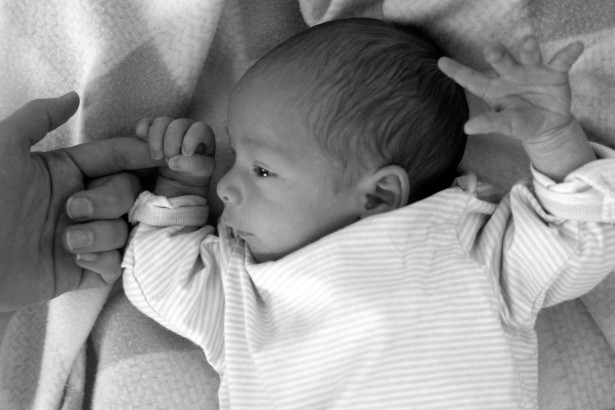 I don’t know why I’m sharing this.
I don’t know why I’m sharing this.
Maybe it’s this little person that I hold. His hand just a fraction of mine. Fragile, needy.
In his grasp, it’s as if he says: life is short, don’t wait.
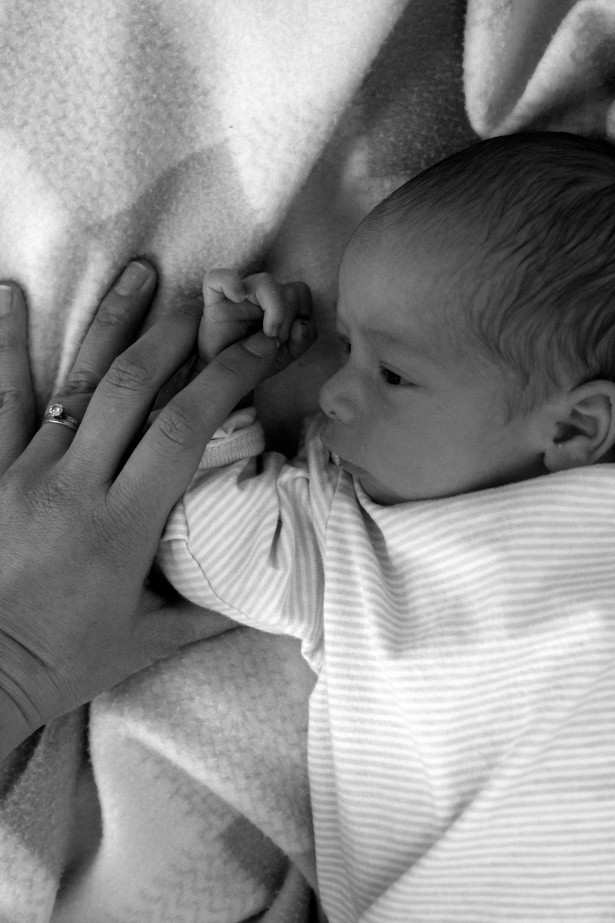
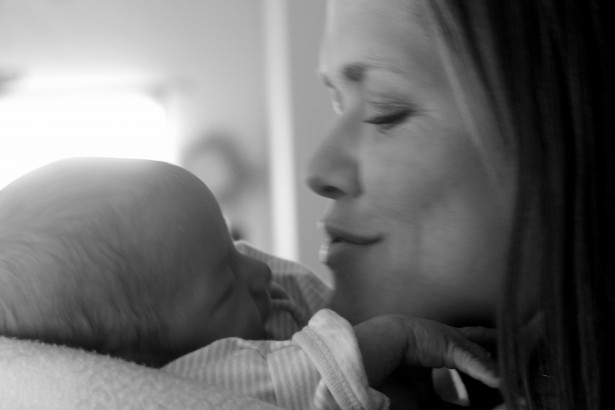
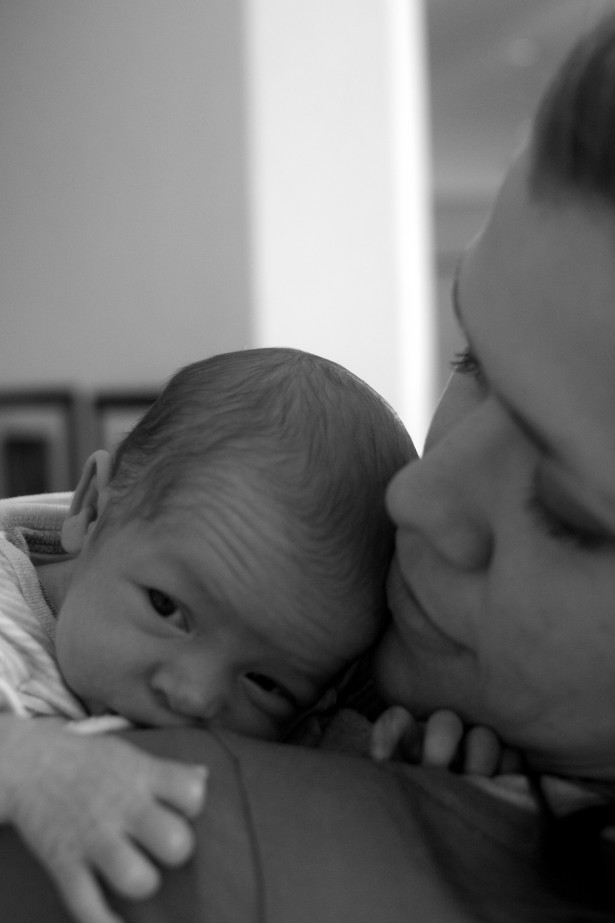
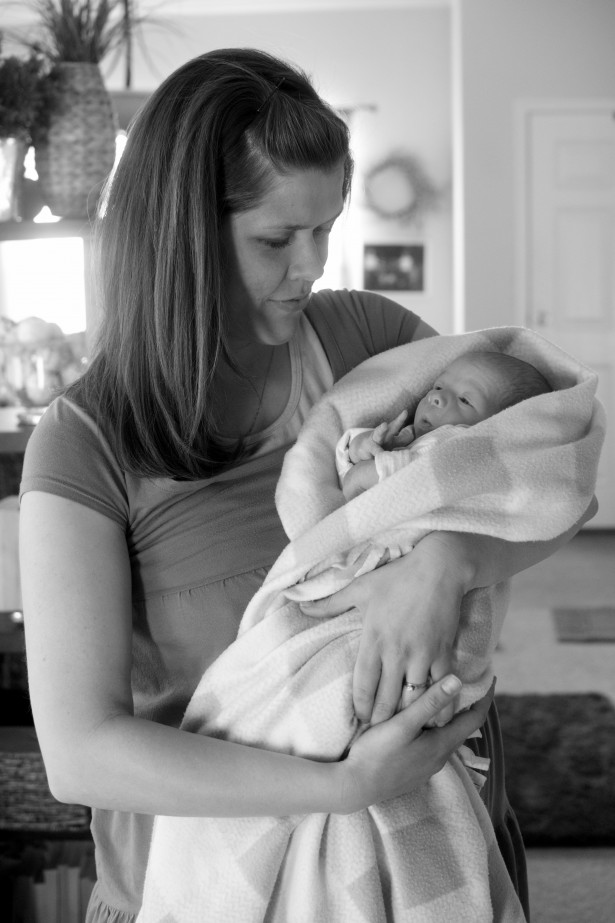
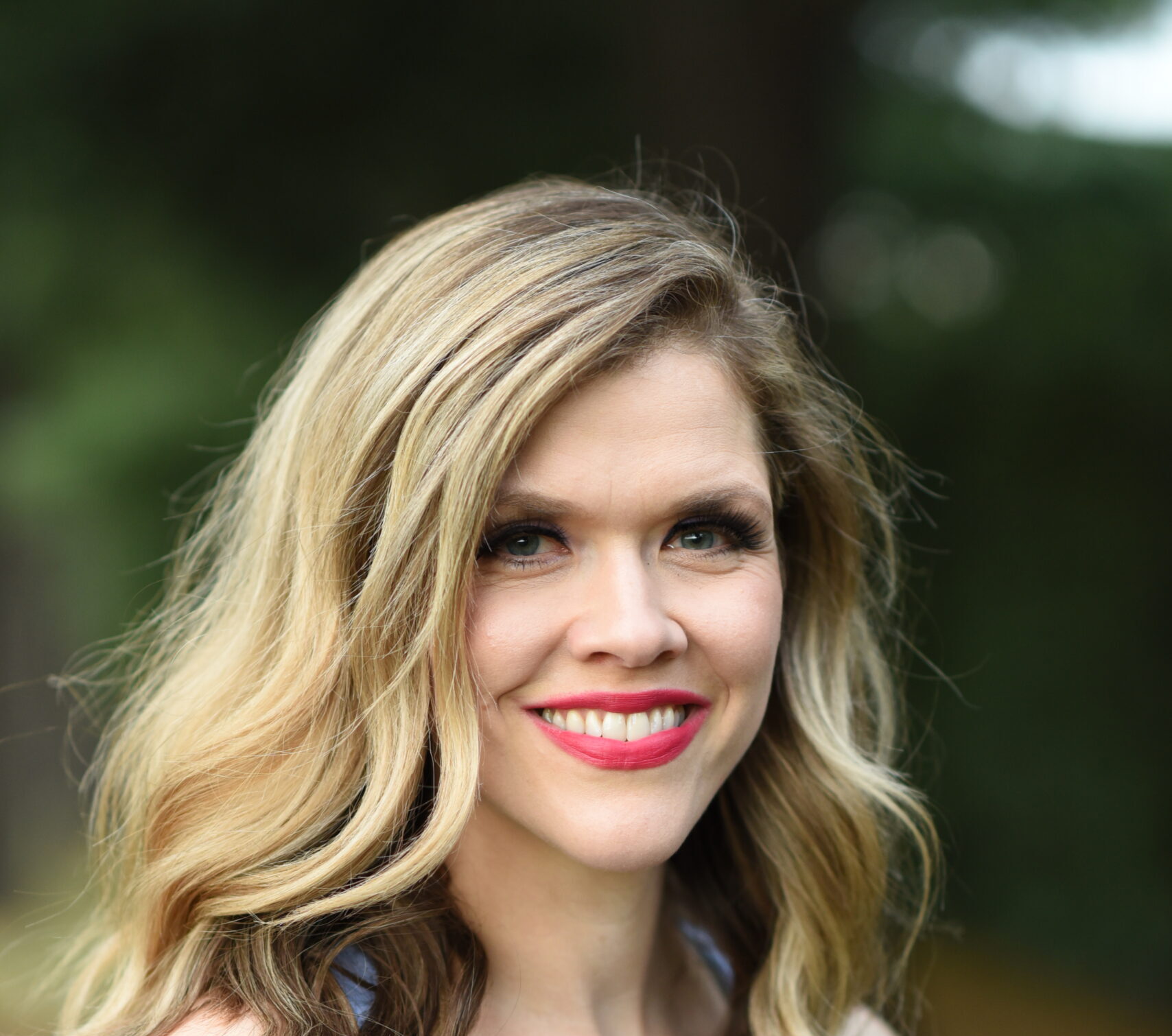


Comments